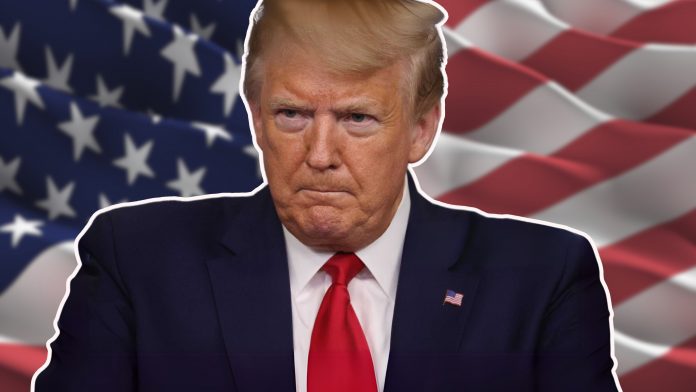On Thursday, President Donald Trump confirmed that his proposed tariffs on Mexico and Canada would go into effect on March 4, following a one-month delay that began on February 3. The tariffs, which include 25% duties on imports from the neighboring countries, have faced ongoing uncertainty regarding their reinstatement. In addition, Trump announced that China, which was subjected to 10% duties, would incur an additional 10%, raising the total rates on Chinese products to 20%. Additionally, on March 12, a global 25% tariff on steel and aluminum imports will go into effect.
At the beginning of February, President Trump pulled back at the last minute and paused the enforcement of his tariffs on Canada and Mexico, granting both countries a one-month extension. In exchange for the grace period, both neighboring countries agreed to deploy thousands of troops to their borders to deter drug trafficking and illegal immigration into the United States. The deferment period was also designed to provide adequate time to negotiate trade relations. However, it was unclear if the levies would be enforced once the deferment expired.
On Thursday morning, President Trump took to his Truth Social platform to confirm that the tariffs would indeed be enforced and that China’s levies would be doubled. He justified his decision by claiming that illicit drugs, such as fentanyl, are pouring in from Mexico and Canada at high levels. The duties will remain in place until the situation improves. On February 13, he also signed a memorandum to impose reciprocal tariffs on any country that imposed duties on U.S. goods.
When President Trump first announced his plans for tariffs, Canadian Prime Minister Trudeau and Mexican President Sheinbaum threatened retaliation, stating they would impose reciprocal tariffs on U.S. imports. At the moment, it is unclear if the leaders will follow through with the original retaliation plans.
President Trump’s tariffs align with his broader trade agenda, utilizing the tariffs as leverage against foreign trade practices that he deems unfair and as a revenue-generating tool for the U.S.



